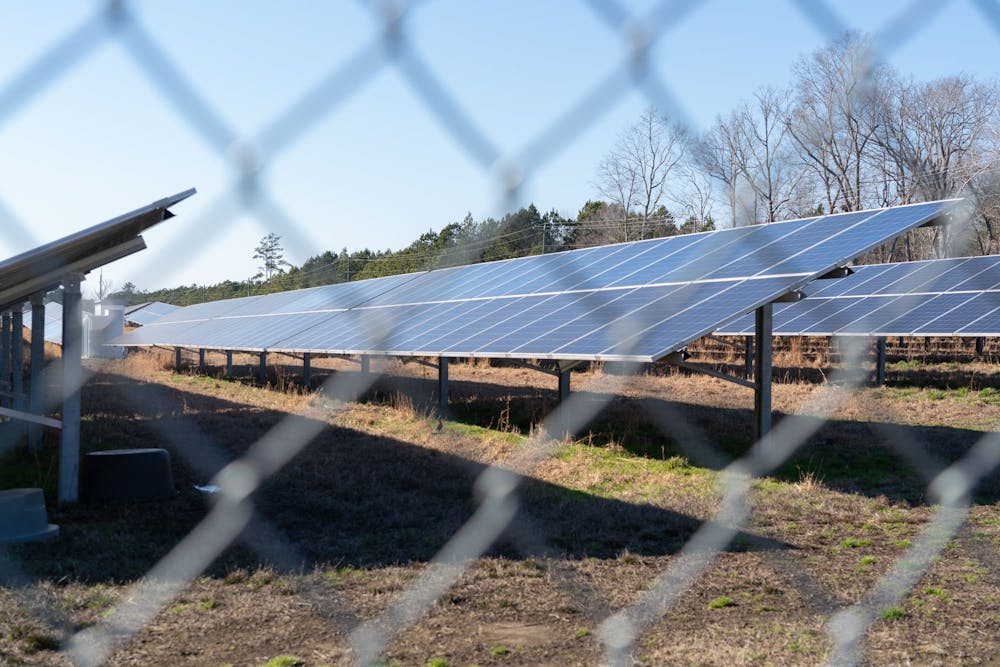On March 29, three climate justice nonprofits filed a joint challenge to Duke Energy’s Solar Choice Net Metering proposal, arguing that changes would disadvantage future solar customers, particularly those who are low-income.
More than 17 solar installation companies and 54 nonprofits have opposed Duke Energy’s changes to its net metering policy, according to a press release by NC WARN, an energy and climate justice nonprofit.
“What it would do is allow Duke Energy to extract more money from people with rooftop solar,” said Ziyad Habash, leader of Sunrise Durham’s Duke Energy Campaign.
Duke's proposed changes would lead to an estimated 25 to 35 percent drop in the value of solar production for the average homeowner, according to the press release.
The changes would also revise net metering rates so that homeowners are credited at the avoided cost rate instead of the retail rate. The avoided cost rate is the price that the utility company would have paid to produce the energy itself, whereas the retail rate is the price at which the utility company sells the energy to customers.
Net metering enables homeowners to sell unused energy generated by their panels back to the grid and be compensated by their utility company, which can be a good investment for homeowners that can afford the out-of-pocket cost of panels, according to EnergySage.
Under Duke's current net metering plan, customers in Orange County are likely to see a return on their investment within ten to 13 years, but that payback period would likely be extended under proposed changes.
Habash said Sunrise Durham opposes Duke's proposal because the organization believes the proposal will make investing in solar much less appealing to residents.
“So, if you get paid less for your solar panels, or for your excess energy, than you were before, your panels have essentially dropped in value,” Habash said.




